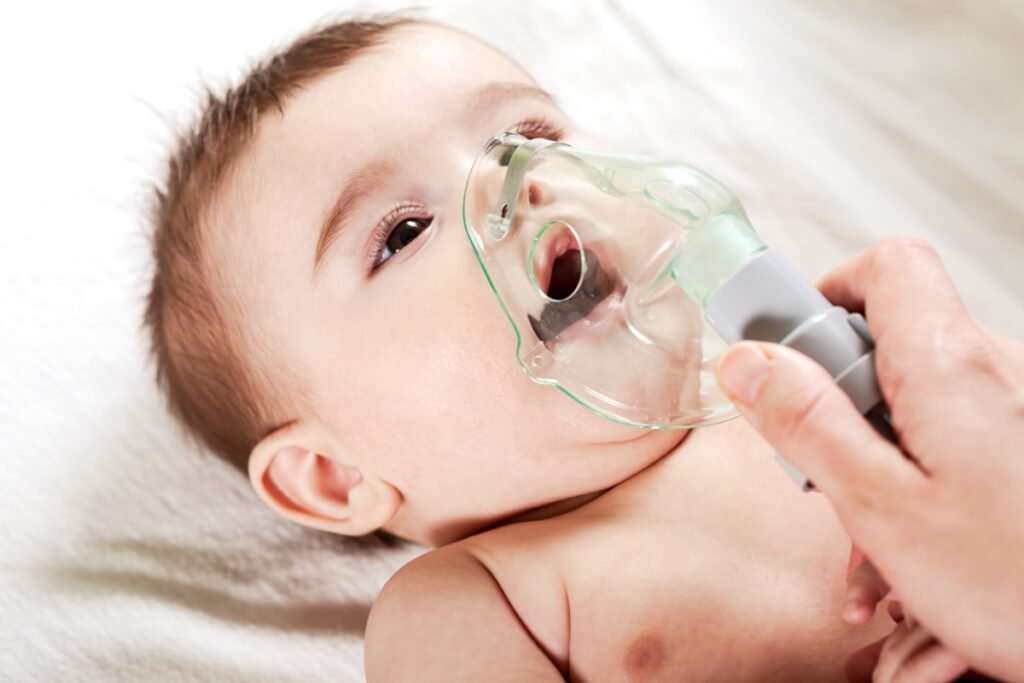Source: AstraZeneca
The FDA’s Antimicrobial Drugs Advisory Committee (AMDAC) has voted unanimously, with a 21 to 0 decision, affirming the favourable benefit-risk profile of AstraZeneca and Sanofi’s nirsevimab for the prevention of respiratory syncytial virus (RSV) lower respiratory tract disease (LRTD) in newborns and infants. Additionally, the committee voted 19 to 2 in support of nirsevimab’s favourable benefit-risk profile for children up to 24 months old who remain at risk of severe RSV disease during their second RSV season.
Nirsevimab has the potential to protect a wide range of infants, including those born healthy at term or preterm, as well as those with specific health conditions that make them susceptible to RSV disease, throughout their first RSV season. The vaccine, administered as a single dose, can be given flexibly at the start of the RSV season or at birth for newborns born during the RSV season.
The FDA accepted the Biologics License Application (BLA) for nirsevimab in 2022 and has expressed its commitment to expediting the review process. The Prescription Drug User Fee Act date is set for the third quarter of 2023. If approved by that time, nirsevimab will be made available in the United States prior to the 2023-2024 RSV season.
“RSV remains the most common cause of bronchiolitis and pneumonia in infants, and the inability to predict which infants will develop severe RSV disease leads to uncertainty for new parents and for physicians. The innovation of nirsevimab as a long-acting antibody that can be conveniently administered to a broad infant population with a single-dose at the time protection is most needed is a significant public health advancement that could have far-reaching impact on the well-being of our families and healthcare systems in the US.”
– Dr William Muller, Associate Professor, Pediatrics, Northwestern University Feinberg School of Medicine and Scientific Director, Clinical and Community Trials, Ann & Robert H. Lurie Children’s Hospital of Chicago, Illinois
“We are delighted that the Antimicrobial Drugs Advisory Committee has unanimously recognised the favourable benefit risk profile of nirsevimab as the first preventative option against RSV for a broad infant population. Nirsevimab builds on AstraZeneca’s strong science, leadership in RSV and commitment to addressing the needs of the most vulnerable. We look forward to continuing to work with the FDA to complete their expedited review, and we hope to see nirsevimab available as soon as possible given the significant burden of RSV in infants.”
– Iskra Reic, Executive Vice President, Vaccines and Immune Therapies, AstraZeneca





























